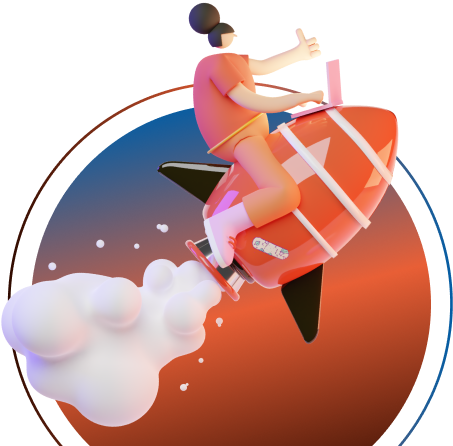Top Android App Development SDKs, Libraries, and Frameworks to Use in 2023
table of contents
From robust frameworks offering comprehensive development environments to specialized libraries addressing specific functionalities, developers have a diverse toolkit to choose from. This guide will provide insights into the features, strengths, and potential use cases of these tools, helping developers make informed decisions for their Android app projects in the dynamic year ahead.
Stay tuned as we navigate through the innovative technologies and frameworks that will likely define Android app development in 2023. As a well-known android app development company we suggest choosing the correct SDKs, libraries, and frameworks.
To make things easier for you we showcase here the top SDKs, libraries, and frameworks. Moreover, you can choose for your Android app development projects in 2023 according to your project requirements.
Want to Develop an Android App Within an Estimated Timeline?
Innvonix is a leading Android app development company that has worked with more than 1200 clients of different industries worldwide.

Android App Development SDKs
The SDKs evolve with the Android platform. It is adapting new features, hardware advancements, and industry best practices. Hire Android app developers who have experience in using the Android SDK.
Sharing here a List of some of the top Android App Development Software Development Kits (SDKs):
Java Development Kit (JDK): A set of software tools, such as compilers, libraries, and the Java runtime environment for creating Java programs.
Gradle: An approach for managing build processes that are extensively used to create Android apps.
Kotlin: A current, statically typed programming language that Google officially supports for creating Android applications.
Android Jetpack: A set of pre-written libraries for everyday tasks in Android app development. However, UI design, data storage, and background processing.
Firebase: A backend-as-a-service platform for mobile app development, including tools for cloud storage, real-time databases, and authentication.
Android App Development Libraries
Many of these libraries are open source, fostering collaboration and community contributions. These libraries enhance compatibility by being designed to work across different Android devices and versions. Some popular Android libraries include Retrofit for networking, Glide for image loading, and Butter Knife for view binding.
Examples of widely used Android App Development Libraries include Glide for efficient image loading, Retrofit for simplified network requests, Dagger for dependency injection, Butter Knife for streamlined view binding, Room for simplified database operations, RxJava for reactive programming, and Firebase for cloud-based services.
Sharing here a list of some of the top Android App Development libraries:
Retrofit: A type-safe HTTP client for Android and Java, used for making network requests and handling API responses.
Glide: An image-loading library for Android, used for loading, caching, and displaying images efficiently.
Butter Knife: A view binding library for Android, used for reducing boilerplate code when working with views in the user interface.
Dagger: A dependency injection library for Android, used for managing and organizing dependencies in a modular and maintainable way.
Room: An SQLite persistence library for Android, used for accessing and managing local databases within an Android app.
RXJava: A Java library for reactive programming that handles async data streams and operations in Android apps.
Timber: A logging library for Android, used for printing logs and debugging the app.
Android App Development Frameworks
Android App Development Frameworks are comprehensive structures or platforms that provide a foundation and set of tools for building Android applications.
Sharing here the list of some of the top Android App Development frameworks:
Android Jetpack: A collection of pre-written libraries and tools for everyday tasks in Android app development. For example, UI design, data storage, and background processing.
Material Design: A design language developed by Google, used for creating visually appealing and consistent user interfaces in Android apps.
MVP (Model-View-Presenter): An architectural pattern used in Android app development, separating the user interface, data, and business logic into distinct components.
Clean Architecture: An architectural pattern used in software development. Emphasizing the separation of concerns and modularity for easier maintenance and scalability.
Related Post:
https://innvonix.com/blogs/factors-that-determine-the-cost-of-developing-an-android-app
https://www.innvonix.com/blogs/why-use-top-android-libraries-and-frameworks-for-app-development
Let's Discuss Your Project
Reach out and we will be happy to provide free consultation on your Frontend Development requirement.